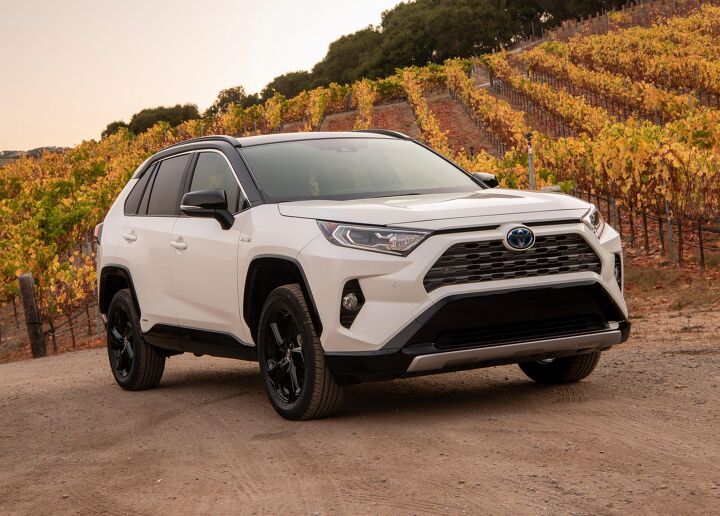#SalesVolume
Toyota Is Now America's Best-Selling Automaker
Japanese automaker Toyota Motor Corp looks set to embarrass American automakers on their home turf by ending the year as the U.S. market’s top-selling brand for 2021.
Toyota had previously reported it moved 688,813 vehicles in the United States from April to June, outperforming General Motors and setting the stage for the rest of the year. At the time, the domestic manufacturer claimed its numbers were down due to the global semiconductor shortage that continues to disproportionally impact American automakers. While there are a few sound logistical reasons for that, the chip deficit also becomes a convenient excuse for brands that cannot seem to get their general supply chains under control. No matter how you slice it, GM looks to have screwed up managing inventory and Toyota is picking up the slack.
Ghosn Says Nissan's Alliance Makes It the Biggest Dog in the Auto Yard
Despite Volkswagen delivering an impressive 10.74 million vehicles in 2017, Nissan-Renault Alliance head Carlos Ghosn says his automotive group was actually the top sales dog. VW managed a 4.3-percent increase over last year’s volume and set a new record for itself, but Ghosn argues that doesn’t matter if it’s counting heavy truck sales in its total sum.
“The [Renault-Nissan] alliance, with more than 10.6 million light private and commercial vehicles sold in 2017, is the premier global automobile group,” the CEO told a parliamentary committee hearing in Paris.
Toyota Turning Toward Rental Fleets and the RAV4 to Boost Volume
We’re beginning to pummel a dying horse here but, as you already know, the North American automotive market is shrinking right now. Toyota wants to mitigate this by funneling sales into rental fleets. While this tactic has become unpopular with automakers like General Motors, others have bolstered fleet sales to cope with the lackluster demand. Hyundai, for example, has relied heavily on rental companies to boost its total volume, but the move has placed dealerships and the corporate office at odds with each other.
Toyota’s U.S. deliveries fell 3.6 percent through June of this year, which is 1.5 percent ahead of the industry’s overall decline. The automaker wants to fill the gap by ramping up volume to rental companies before the end of 2017. Like Hyundai, Toyota’s best sellers are passenger cars — which have taken the brunt of consumer apathy of late — but knows it can still unload them on Enterprise, Avis, and Hertz.
After the Fall: New Vehicle Sales Predicted to Dip Next Year, Bottom Out in 2019
After riding the sales roller coaster to dizzying, record-breaking heights, it’s only natural that consumers will bring automakers back down to reality.
This year will be a high water mark for new vehicle sales in the U.S., according to a new study by consulting firm AlixPartners (via Automotive News). Sales are forecasted to hit 17.8 million vehicles this year, but a downturn is on the way, and the industry won’t start to see a rebound until the coming decade.



















Recent Comments